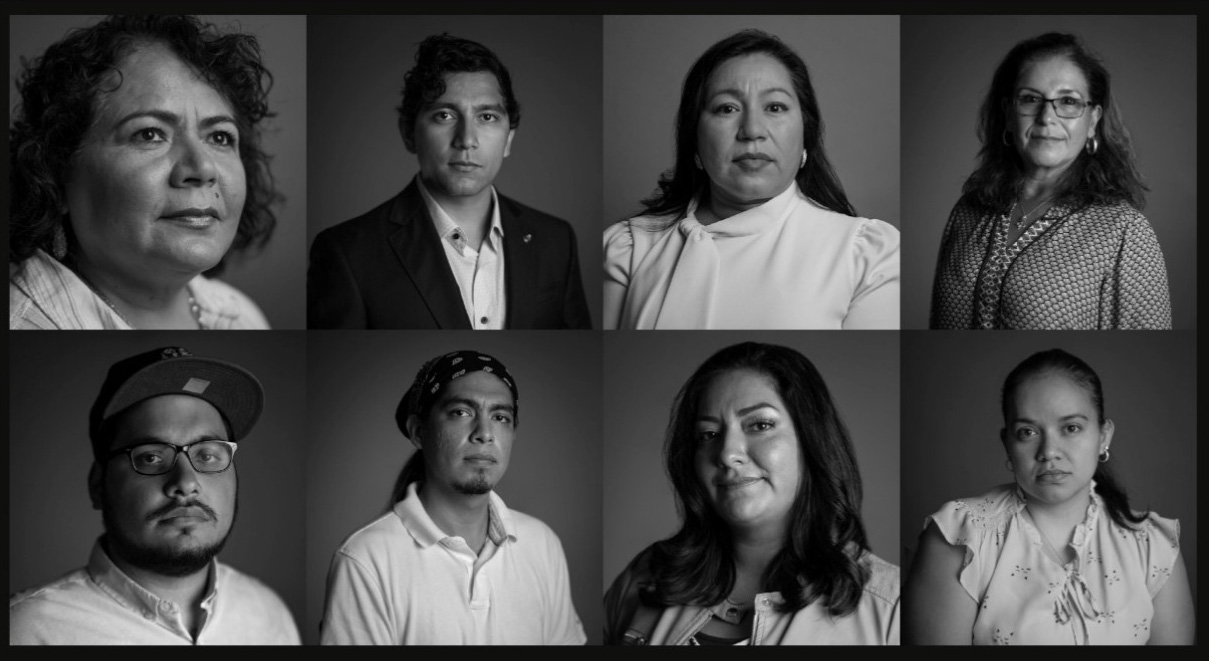This year there was no Pulitzer Prize for fiction. A jury submitted three finalists to the Pulitzer board: “Swamplandia!” by Karen Russell, “Train Dreams” by Denis Johnson and “The Pale King” by the late David Foster Wallace.
None were chosen for the award.
It’s tempting to refuse to make a decision. We need to hire a new pastor, but the candidates aren’t quite who we imagined they’d be. It’s time to revise the curriculum, but there are a thousand moving pieces to the puzzle. Difficulties and ambiguities abound. And while I have no doubt that inaction can be the wisest choice, it isn’t one to make lightly.
What can Christians learn from the Pulitzer’s institutional inaction?
First, it’s worth seeing why the award matters at all. Novelist Ann Patchett reacted against the Pulitzer’s indecision, offering a plea for the importance of fiction. “It is a vital means of imagining a life other than our own, which in turn makes us more empathetic beings. Following complex story lines stretches our brains beyond the 140 characters of sound-bite thinking.”
We need this thing, Patchett says, to help us flourish. We need the virtues and skills that reading stories cultivates. If no-Pulitzer-for-fiction means less-reading-of-fiction, then the Pulitzer board is at fault.
Of course, Christian decision-making, too, has moral and practical attachments. But what are the implications if the right decision is no decision?
One implication is that you leave people to assume the worst. The Pulitzer decision-making processes are secret, and this means that folks are left to make to form their own opinion, to interpret it as a decisive rejection of the novels that stood as finalists. Perhaps the secrecy of the Pulitzer board is sacrosanct, but some statement of reason might have alleviated the hurt that writers and lovers of books feel over it.
In turn, Christian institutions operate best in the clear light of day when they openly communicate good reasons for a decision or no decision on important issues.
It’s also worth asking how to value a decision-making process that ultimately comes to naught. High stakes decision-making involves a lot of labor, often at multiple levels of an institution. In the case of the Pulitzer for fiction, a well-qualified jury put hours and effort into identifying the novels that stood as finalists. One juror, Maureen Corrigan, wrote in the Washington Post: “Like everyone else, we three jurors found out Monday that there would be no 2012 prize in fiction. That terrible news capped what was otherwise the greatest honor of my career as a book critic and professor of literature.”
People felt their time and gifts were wasted. Human energy and talent should never be taken lightly. There should be ways of deciding against deciding while also honoring those who worked in the process. God’s economy is not always efficient in any obvious way, but this doesn’t mean that inefficiencies are despised or dishonored.
And yet, sometimes, a decision for no decision is simply a failure of imagination. I don’t know the inner-workings of the Pulitzer board, but I do see public perceptions of what its biases might be.
One speculation is plain elitism. The Pulitzer website acknowledges inevitable controversy over decisions, adding, “the board has not been captive to popular inclinations.” Such shrewd perception is welcomed if it frees deciders to honor goodness, beauty and truth particularly when “popular inclinations” might not. But the same shrewdness can also tip toward elitism when it fails to acknowledge excellence because of unchecked presuppositions. It’s possible to despise literature only because it is popular, or because it doesn’t come in an expected package. Corrigan suggests as much when she reproves critics who dismiss “The Pale King” because it was completed after the author’s death or “Swamplandia!” because it is the first novel of a young, female author.
Scripture shows us again and again that truth may come from unexpected corners. Before deciding against deciding, we would do well to seek discernment about the possibility that selective blindness, and not lack of light, is the source of our reluctance to move forward.
For Christians and their institutions inaction can be a form of witness that disrupts the normative expectations people might have of Christianity. The litmus test for us, it seems, is whether inaction is actually a witness to God or our own biased sensibilities.
Beth Felker Jones teaches theology at Wheaton College. Her most recent book is “Touched by a Vampire: Discovering the Hidden Messages in the Twilight Saga” (Multnomah).






